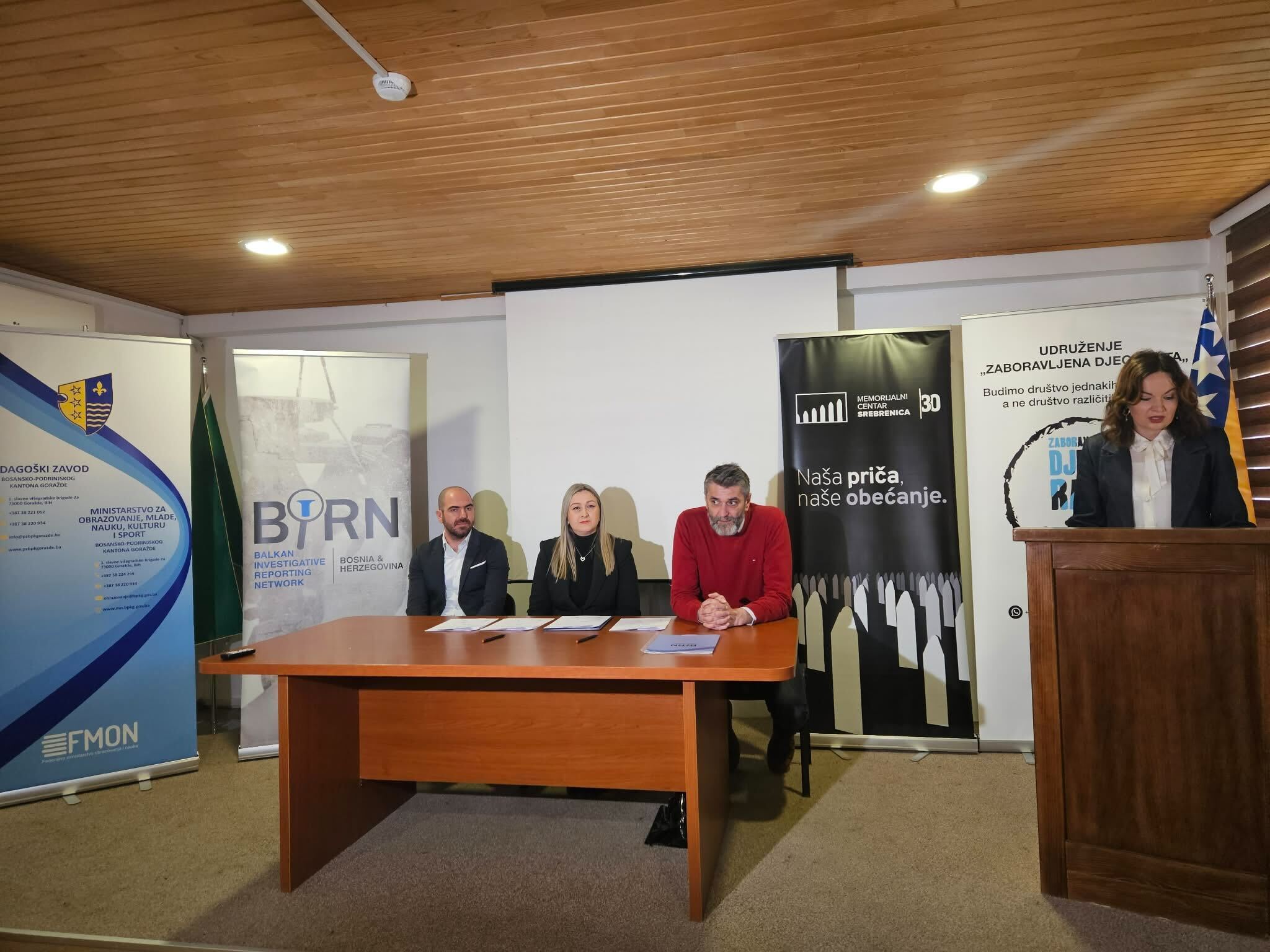This post is also available in: Bosnian
A new hearing with an amended indictment against Nedjo Samardzic has begun before the Appellate Council of the Court of Bosnia and Herzegovina.
It follows a decision made in October this year by the Council to revoke the first instance verdict’s “acquittals and convictions”,which found Samardzic guilty of war crimes against civilians in Foca municipality and sentenced him to 13 years and four months imprisonment.
The verdict was quashed on the basis of “wrongly and incompletely established facts”.
The state prosecutor has revised Samardzic’s indictment for the retrial, leaving out three of the original counts: that Samardzic raped a protected witness in August 1992 in Miljevina; that he raped a woman in his brother Zoran’s apartment; and third, that he was responsible for taking Bosniak women from Foca hospital to apartments in which they were tortured.
The new hearing started with the recorded statements of three prosecution witnesses who testified during the main hearing. All three described how civilians were taken away and detained in the Partizan Hall in Foca, as well as events in which the indictee participated.
Hasnija Kavazic, who escaped from the town of Jelec at the beginning of April 1992, testified that she first saw Samardzic in Miljevina when he, with Zoran Samardzic and Dragan Janjic, came to her apartment looking for a radio station and promised to bring her husband from Kalinovik, where he assumed he was detained.
When describing the indictee, Hasnija Kavazic said that he was “in a black uniform, with long hair and a beard, fully armed”.
She also said that she later saw him in front of a bus that brought detainees in front of the police station in Miljevina. Asthey were getting off the bus, she continued, the soldiers beat them “by kicking them, beating them with rifle buts and nightsticks”, after which they took them towards the mine, which was not working at the time.
According to the indictment, bodies of 13 murdered Bosniaks were exhumed from the mine shaft in 2001.
Fatima Grbo, the second witness heard, told how, on June 9, 1992, the indictee came with Zoran Samardzic and Mico Orlovic to a weekend house, from which they took two of her brothers and a cousin. They were taken in the direction of Miljevina, after which all trace of them was lost. This event is described in the second count of the indictment.
This witness was later detained with her family in the Partizan Hall. She recalled seeing the Samardzic brothers there, and women and children being taken off to the detention centre known as “Karaman’s house”, where they were “raped and tortured”, crimes with which Samardzic is also charged.
Grbo further testified that, in September 1992,all those detained in the Partizan Hall, around 200 of them, were taken in buse sto Gorazde, territory at the time controlled by the Army of BiH. All were released, except for a young girl named Almira Bektovic, who was taken off the bus.
According to the indictment, Samardzic raped this 12-year-old girl, after he and Radovan Stankovic, also indicted by the Court of BiH, separated her from her mother and took her to Karaman’s house.
The judges listened then to the testimony of witness Mustafa Bajrovic, who said that he did not see Samardzic, but heard that the indictee participated in taking civilians from Jelec and Miljevina to the Partizan Hall.
The Appellate Council decided to rehear the testimonies of most witnesses who appeared at the main hearing, which was mostly closed to the public in order to protect those testifying.
Prosecutor Behaija Krnic announced today that none of the hearings before the Appellate Council would be closed to the public.
The next hearing is scheduled for November 23.

